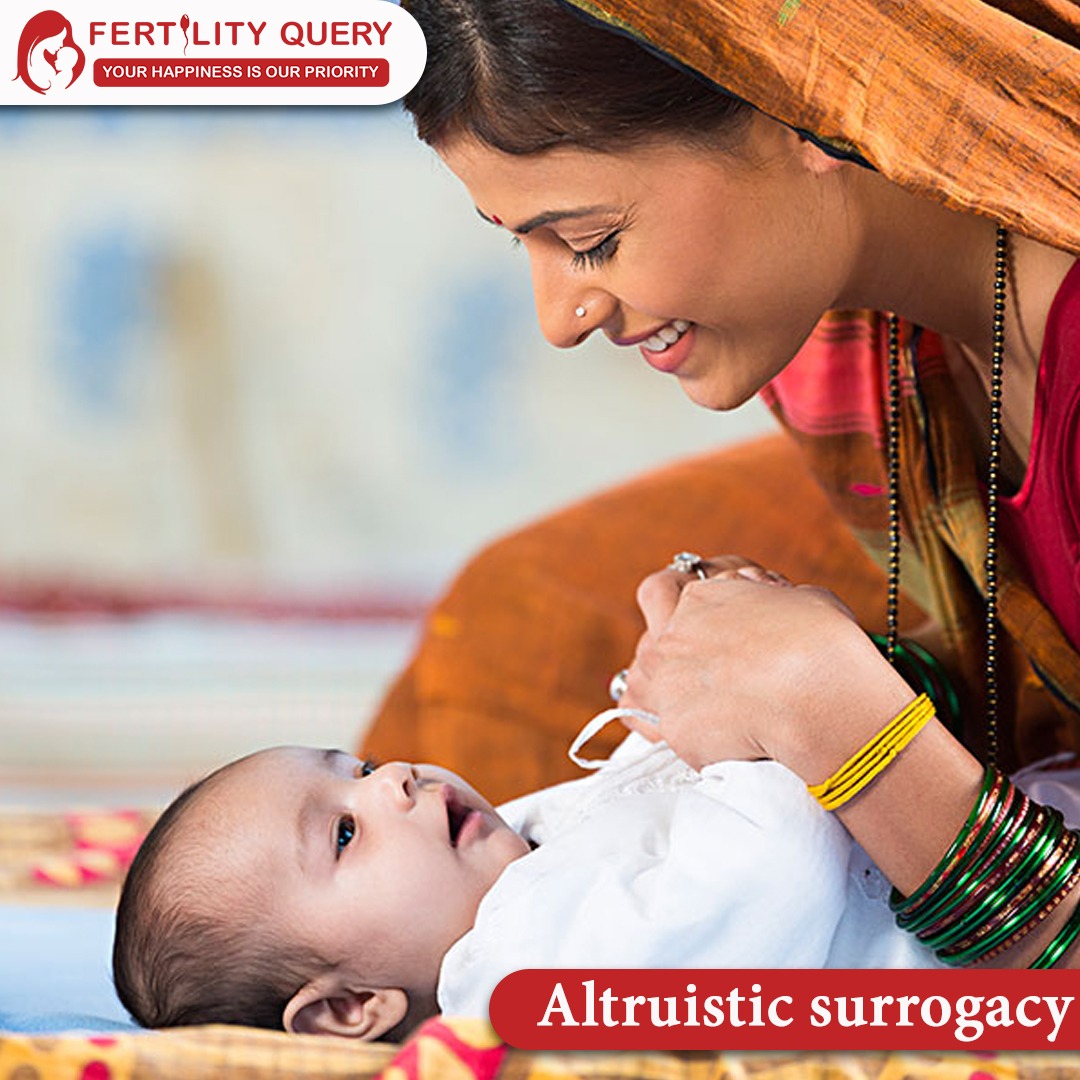
Best Altruistic Surrogacy Centre in Kollam
Best altruistic Surrogacy Centre in Kollam is a specialized medical facility that provides a range of fertility-related services to couples who are struggling with infertility. One of the services that the centre provides is altruistic surrogacy, which is a process whereby a woman carries a baby to term for another couple or individual who is unable to conceive on their own. Altruistic surrogacy is a complex and emotionally charged process that involves a range of legal, ethical, and medical considerations. In this article, we will explore the concept of altruistic surrogacy in detail, examining its benefits, drawbacks, and legal implications.
What is Altruistic Surrogacy?
Altruistic surrogacy is a process whereby a woman agrees to carry a baby to term for another couple or individual who is unable to conceive on their own. In contrast to commercial surrogacy, which involves payment for the services of a surrogate, altruistic surrogacy is typically undertaken out of a sense of altruism or generosity. Altruistic surrogacy is often used by couples who are struggling with infertility, same-sex couples, or single individuals who want to become parents but are unable to do so on their own.
Benefits of Altruistic Surrogacy:
One of the primary benefits of altruistic surrogacy is that it provides a way for individuals or couples who are struggling with infertility to have children. For many people, the desire to have a child is a deeply held and essential part of their lives. Altruistic surrogacy provides a way for these individuals to fulfil their dreams of parenthood and build a family.
Another benefit of altruistic surrogacy is that it allows individuals or couples to have a genetic connection to their child. In many cases, the intended parents provide their own eggs and sperm, which are then used to create an embryo that is implanted in the surrogate’s womb. This means that the child will be genetically related to the intended parents, which can be an important consideration for many people.
Drawbacks of Altruistic Surrogacy:
One of the primary drawbacks of altruistic surrogacy is that it can be emotionally and physically challenging for both the surrogate and the intended parents. The surrogate must undergo a range of medical procedures, including fertility treatments, embryo transfer, and pregnancy, which can be physically demanding and emotionally taxing. The intended parents, on the other hand, must navigate a complex range of emotions, including the anxiety and uncertainty that can come with entrusting the care of their child to another person.
Another potential drawback of altruistic surrogacy is that it can be legally complicated. In some jurisdictions, the legal status of the surrogate and the intended parents can be uncertain, which can create a range of legal and logistical challenges. For example, in some jurisdictions, the surrogate may have legal rights to the child, even if they are not genetically related, which can create a range of challenges for the intended parents.
Legal Implications of Altruistic Surrogacy:
The legal implications of altruistic surrogacy can be complex and vary depending on the jurisdiction. In some jurisdictions, surrogacy is illegal, while in others, it is legal but heavily regulated. In general, the legal status of the surrogate and the intended parents is a critical consideration, as it can affect a range of legal and logistical issues, including parental rights, citizenship, and immigration.
Conclusion:
Altruistic surrogacy is a complex and emotionally charged process that involves a range of legal, ethical, and medical considerations. While it provides a way for individuals or couples who are struggling with infertility to have children, it can also be emotionally and physically challenging for both the surrogate and the intended parents.



